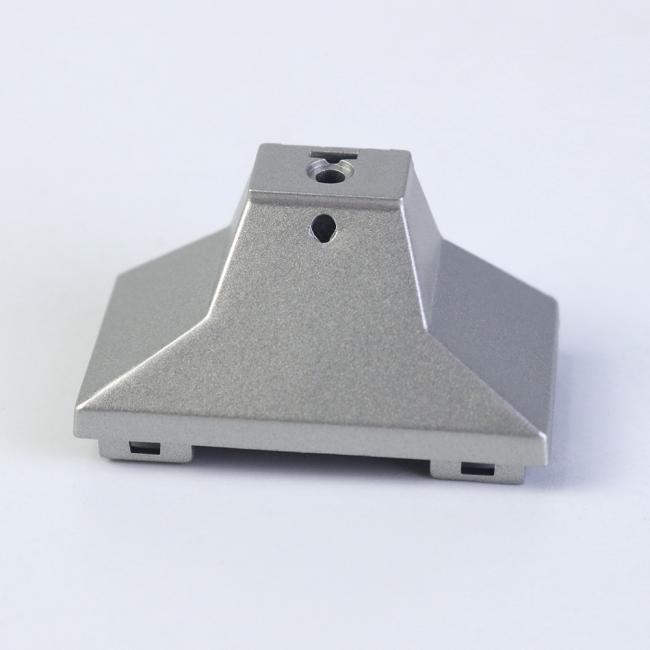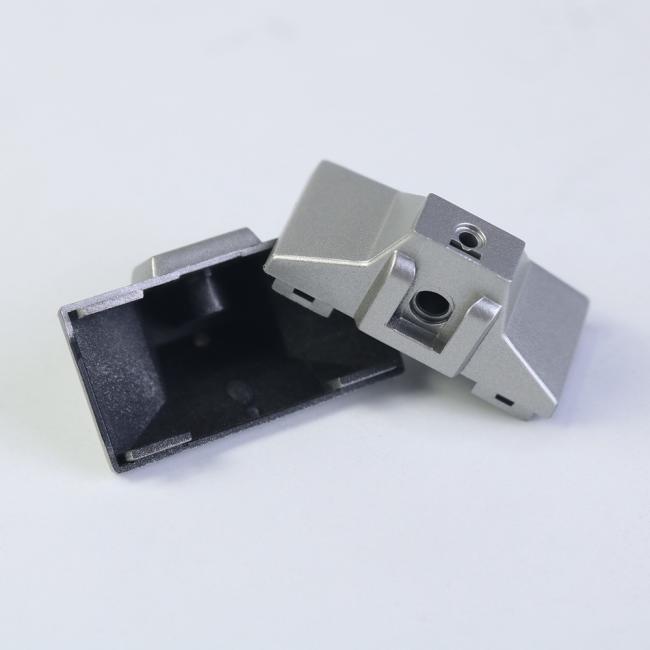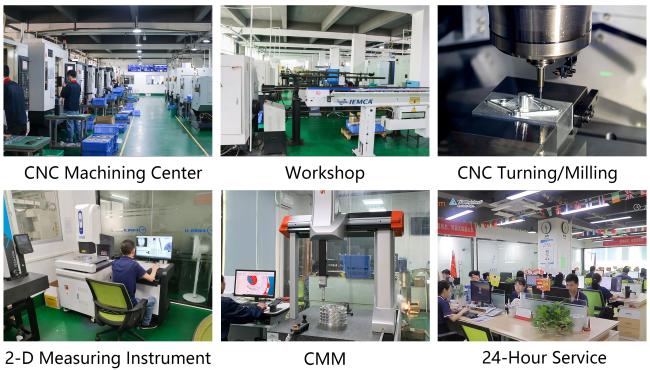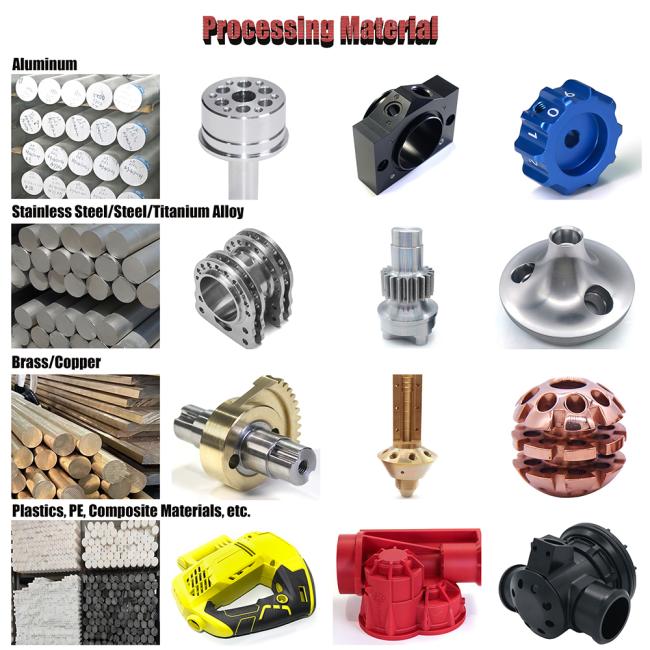Okay,
let's
tackle
something
that
sounds
a
bit
unusual
at
first:
putting
zinc
plating
on
plastic
parts.
If
you're
wondering
how
you
can
plate
metal
onto
plastic,
or
why
you'd
even
want
to,
you're
in
the
right
place.
This
isn't
your
everyday
manufacturing
process,
but
it's
incredibly
useful
for
certain
applications.


First
Things
First:
How
Can
You
Plate
Metal
Onto
Plastic?
The
key
thing
to
understand
is
that
you
can't
just
zinc
plate
raw
plastic.
The
process
requires
a
special
approach:
-
Surface
Preparation:
The
plastic
part
undergoes
etching
to
create
microscopic
pores
for
mechanical
bonding
-
Catalyst
Application:
A
palladium-based
catalyst
is
applied
to
make
the
surface
conductive
-
Electroless
Nickel
Plating:
This
creates
the
initial
metal
layer
that
allows
for...
-
Traditional
Zinc
Plating:
Now
that
the
surface
is
conductive,
standard
zinc
plating
processes
can
proceed
This
multi-step
process
is
often
called
"electroplating
on
plastic"
or
"plastic
metallization."
Why
Would
You
Even
Consider
This?
You
might
be
thinking
-
if
I
need
metal
properties,
why
not
just
make
the
part
from
metal?
Here's
where
plated
plastic
parts
shine:
-
Weight
Reduction:
Plastic
is
significantly
lighter
than
metal
-
crucial
for
automotive
and
aerospace
applications
-
Cost
Savings:
Plastic
materials
and
machining
are
often
cheaper
than
metal
alternatives
-
Design
Flexibility:
Plastic
can
be
molded
into
complex
shapes
that
would
be
difficult
or
expensive
to
machine
from
metal
-
Corrosion
Resistance:
The
zinc
coating
protects
against
rust
while
maintaining
the
plastic's
natural
resistance
to
many
chemicals
Common
Applications
You've
Probably
Seen
-
Automotive:
Emblems,
trim
pieces,
and
connector
housings
-
Electronics:
Shielding
for
sensitive
components,
connector
shells
-
Plumbing:
Decorative
fixtures
and
hardware
-
Consumer
Products:
Appliance
handles,
cosmetic
cases
Choosing
the
Right
Plastic
is
Crucial
Not
all
plastics
can
be
plated
successfully.
The
most
commonly
used
include:
-
ABS
-
The
most
popular
choice
for
plating
-
Polypropylene
-
Good
chemical
resistance
-
Nylon
-
For
parts
needing
strength
and
durability
-
PC/ABS
Blends
-
Combining
strength
with
plating
capability
The
Bottom
Line
While
it
might
seem
counterintuitive,
zinc
plating
on
plastic
parts
opens
up
unique
possibilities
for
designers
and
engineers.
It's
not
the
solution
for
every
application,
but
when
weight,
cost,
and
design
flexibility
are
important,
it's
definitely
worth
considering.
The
key
to
success
is
working
with
a
manufacturer
experienced
in
both
plastic
machining
and
metal
plating
processes.
They
can
help
you
select
the
right
materials
and
design
parts
that
will
perform
well
through
the
entire
manufacturing
process.
Got
a
project
that
might
benefit
from
this
hybrid
approach?
We'd
be
happy
to
discuss
whether
plated
plastic
parts
are
the
right
solution
for
your
needs.
|
|
CNC
Turning,
CNC
Milling,
Laser
Cutting,
Bending,
Spining,
Wire
Cutting,
Stamping,
Electric
Discharge
Machining
(EDM),
Injection
Molding,3D
Printing,Rapid
Prototype,Moulds
etc.
|
|
|
Aluminum:
2000
series,
6000
series,
7075,
5052,
etc.
|
|
Stainlesss
steel:
SUS303,
SUS304,
SS316,
SS316L,
17-4PH,
etc.
|
|
Steel:
1214L/1215/1045/4140/SCM440/40CrMo,
etc.
|
|
Brass:
260,
C360,
H59,
H60,
H62,
H63,
H65,
H68,
H70,
Bronze,
Copper
|
|
Titanium:
Grade
F1-F5
|
|
Plastic:
Acetal/POM/PA/Nylon/PC/PMMA/PVC/PU/Acrylic/ABS/PTFE/PEEK
etc.
|
|
|
Anodized,
Bead
Blasted,
Silk
Screen,
PVD
Plating,
Zinc/Nickl/Chrome/Titanium
Plating,
Brushing,
Painting,
Powder
Coated,
Passivation,
Electrophoresis,
Electro
Polishing,
Knurl,
Laser/Etch/Engrave
etc.
|
|
|
±0.002
~
±0.005mm
|
|
|
Min
Ra
0.1~3.2
|
|
CERTIFICATE
|
ISO9001:2015,AS9100D,ISO13485:2016,ISO45001:2018,IATF16949:2016,ISO14001:2015,ROSH,CE
etc.
|





FAQ
1.
Are
you
a
manufacturer
or
a
trading
company?
We
are
a
factory
located
in
Shenzhen,
China,
with
20
years
of
rich
experience,
covering
6000
square
meters.
Complete
facilities,
including
3D
quality
inspection
equipment,
ERP
system
and
40
machines.
If
necessary,
we
can
provide
you
with
material
certificates,
sample
quality
inspection
and
other
reports.
2.
How
to
get
a
quote?
Detailed
drawings
(PDF/STEP/IGS/DWG...),
including
quality,
delivery
date,
materials,
quality,
quantity,
surface
treatment
and
other
information.
3.
Can
I
get
a
quotation
without
drawings?
Can
your
engineering
team
draw
for
my
creativity?
Of
course,
we
are
also
glad
to
receive
your
samples,
pictures
or
detailed
size
drafts
for
accurate
quotation.
4.
Can
you
provide
samples
before
mass
production?
Of
course,
the
sample
fee
is
necessary.
If
possible,
it
will
be
returned
during
mass
production.
5.
What
is
the
delivery
date?
Generally,
the
sample
lasts
for
1-2
weeks
and
the
batch
production
lasts
for
3-4
weeks.
6.
How
do
you
control
quality?
(1)
Material
Inspection
-
Check
material
surfaces
and
approximate
dimensions.
(2)
First
inspection
of
production
-
ensure
critical
dimensions
in
mass
production.
(3)
Sampling
inspection
-
check
the
quality
before
delivery
to
the
warehouse.
(4)
Preshipment
inspection
-
100%
inspection
by
QC
assistant
before
shipment.
7.
After
sales
service
team
If
you
have
any
problems
after
receiving
the
product,
you
can
provide
feedback
through
voice
call,
video
conference,
email,
etc.
within
one
month.
Our
team
will
provide
you
with
solutions
within
a
week.




